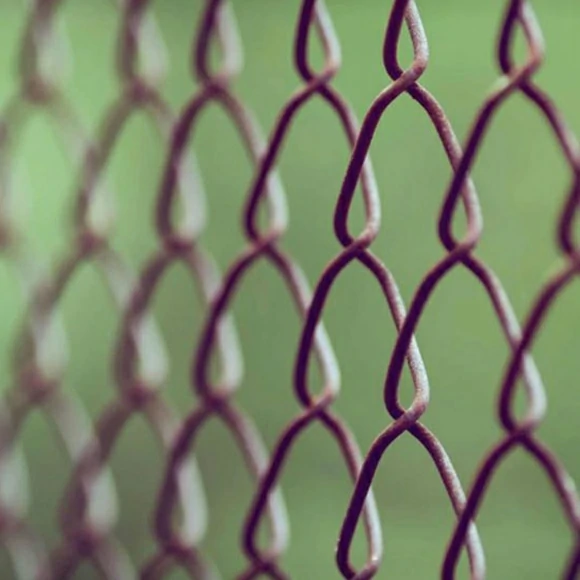Nov . 02, 2024 10:05 Back to list
gabion basket wire gauge
Understanding Gabion Basket Wire Gauge A Key to Structural Stability
Gabion baskets have gained popularity in construction and landscaping due to their durability, versatility, and aesthetic potential. These wire mesh containers are filled with stone, rock, or other materials, providing not only structural stability but also a visually appealing element in various applications. One of the critical factors that influence the effectiveness and longevity of gabion baskets is the wire gauge used in their construction.
Wire gauge refers to the thickness of the wire used to fabricate the mesh of the gabion basket. The gauge of the wire plays a significant role in determining the strength, durability, and resistance of the gabion unit to external pressures and environmental conditions. Wire gauges are typically measured on a scale, with lower numbers indicating thicker wires and higher numbers indicating thinner wires. For example, a 6-gauge wire is thicker than an 8-gauge wire.
When selecting the appropriate wire gauge for gabion baskets, one must consider several factors, including the intended application, environmental conditions, and the type of fill material. Generally, heavier wire gauges (such as 6 or 4 gauge) are recommended for applications that require greater strength and durability, such as erosion control, retaining walls, or in areas subject to high water flow. Thicker wires can withstand higher loads and resist deformation, which is essential in maintaining the structural integrity of the basket.
gabion basket wire gauge

On the other hand, lighter wire gauges (such as 8 or 10 gauge) may be suitable for decorative applications, such as garden borders or lightweight landscaping projects. While these thinner wires may suffice for non-load-bearing scenarios, they are not ideal for situations where the gabion will experience significant pressure or movement.
Another important consideration is the type of coating applied to the wire. Gabion baskets are often made from galvanized steel, which is coated with a layer of zinc to protect against corrosion. This coating is essential for prolonging the life of the gabion, especially in wet environments. Additionally, some gabion baskets use PVC-coated wire for enhanced corrosion resistance and aesthetics. When assessing wire gauge, it's crucial to evaluate how the gauge interacts with the protective coating, as thicker coatings can add to the overall thickness of the wire.
Moreover, the regulatory standards and guidelines for gabion construction can vary by region
. Builders should consult local regulations to ensure compliance with safety and structural standards, which may dictate specific wire gauges for different applications.In conclusion, understanding gabion basket wire gauge is vital for the successful implementation of these versatile structures. Choosing the right gauge involves balancing the demands of strength, durability, and aesthetic considerations with the specific requirements of the project. Investing in higher-quality wire with appropriate gauge protection ensures that gabion baskets will not only perform well but also have a long lifespan, providing both functional and aesthetic benefits in construction and landscaping projects. Whether for erosion control, sound barriers, or decorative elements, the right wire gauge is foundational to the effectiveness of gabion baskets, making it an essential element of design and construction considerations.
-
Visualizing Gabion 3D Integration in Urban Landscapes with Rendering
NewsJul.23,2025
-
The Design and Sustainability of Gabion Wire Mesh Panels
NewsJul.23,2025
-
The Acoustic Performance of Gabion Sound Barriers in Urban Environments
NewsJul.23,2025
-
Mastering the Installation of Galvanized Gabion Structures
NewsJul.23,2025
-
Gabion Boxes: Pioneering Sustainable Infrastructure Across the Globe
NewsJul.23,2025
-
Custom PVC Coated Gabion Boxes for Aesthetic Excellence
NewsJul.23,2025
-
Installation Tips for Gabion Wire Baskets in Erosion Control Projects
NewsJul.21,2025






